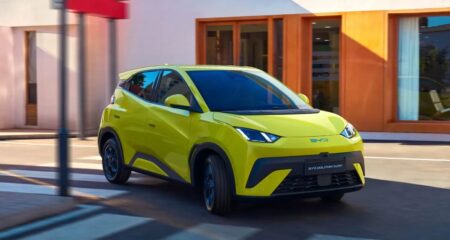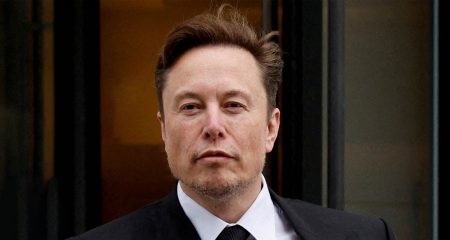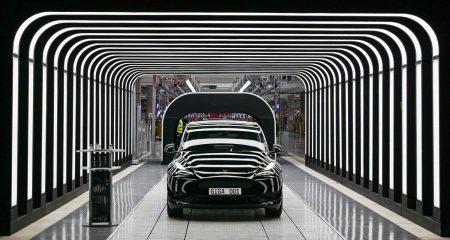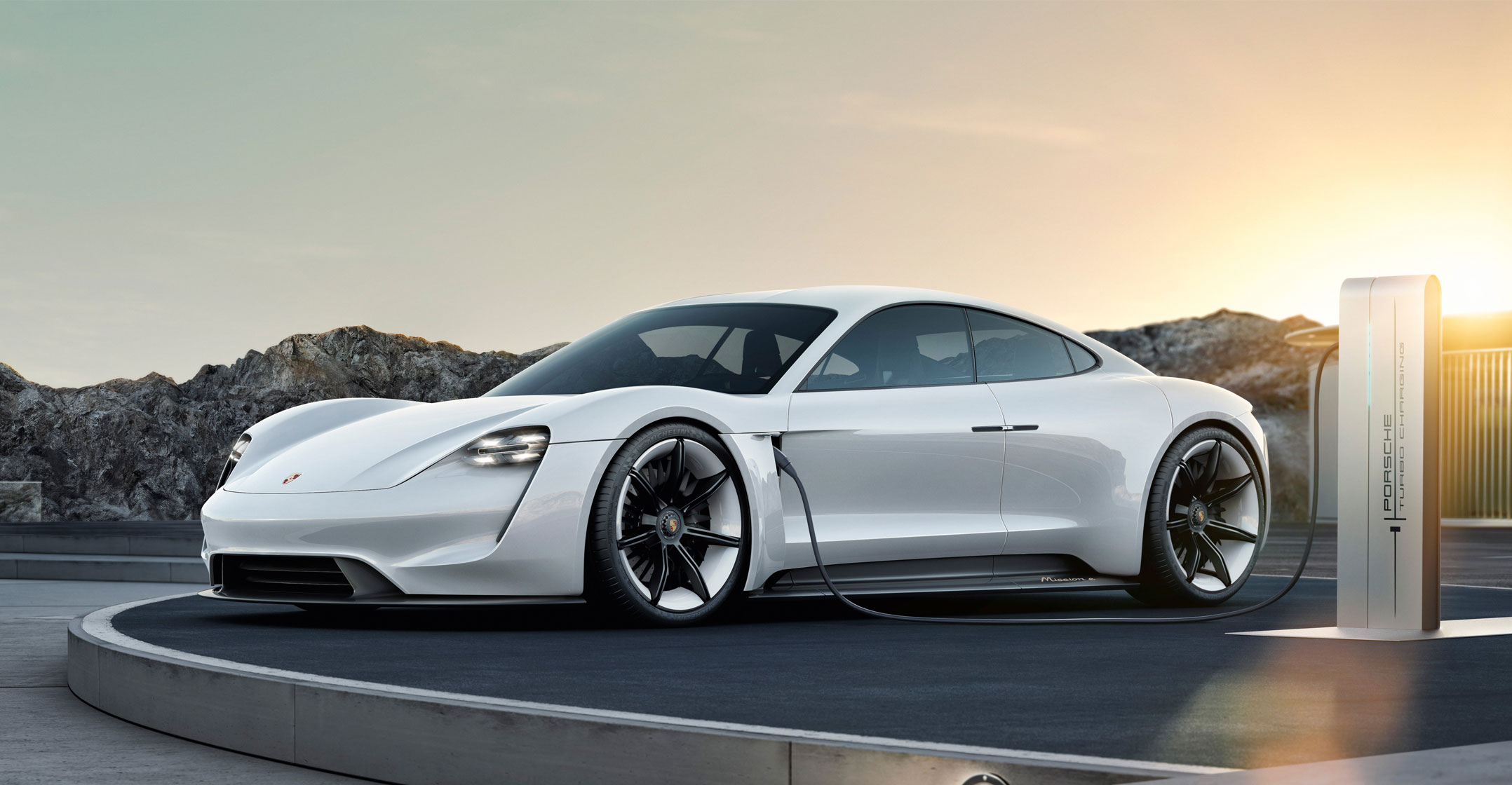 Porsche chose Niagara Falls, a Chinese wind farm and a solar site in Germany to unveil its first all-electric sports car, underscoring the new Taycan’s central role in turning parent Volkswagen into the world’s leading seller of battery-powered vehicles.
Porsche chose Niagara Falls, a Chinese wind farm and a solar site in Germany to unveil its first all-electric sports car, underscoring the new Taycan’s central role in turning parent Volkswagen into the world’s leading seller of battery-powered vehicles.
After a bumpy start for sister brand Audi’s e-Tron, the Taycan, expected to be priced at around US$90 000 (R1.35-million), is for the time being the flag-carrier in VW’s massive drive to unseat e-car pioneer Tesla. The wraps come off on Wednesday at simultaneous events in its three biggest markets, where Porsche — which has churned out roaring sports cars for seven decades — will bathe the new car in a backdrop of sustainable-power imagery.
Despite all its engineering muscle as the world’s largest automaker, VW has struggled to slow Tesla’s march. The debut of the e-Tron, a challenger to the Model X sport-utility vehicle, was marred by delays and a recall. Tesla chief Elon Musk has meanwhile stretched downmarket with the lower-priced Model 3, which started selling in Europe this year and is about to begin production in China.
The Taycan and the mass-market VW ID.3 will be on display at next week’s Frankfurt auto show, and are slated to start production later this year, underscoring VW’s more than €30-billion push to produce battery-powered cars across all price segments. It’s a plan the German manufacturer can ill-afford to see falter.
The Taycan “is a turning point for Porsche and the industry as it raises the technical bar for electric vehicles beyond Tesla”, Bloomberg Intelligence analyst Michael Dean wrote in a report. The Taycan should “be profitable from launch given Porsche’s proven pricing power, albeit at vastly reduced margins as compared with petrol-powered models”.
At last count, the Taycan, a sleek, four-door sedan, had attracted about 30 000 deposits, a figure that’s set to be updated later Wednesday. The car is partly financed by a €1-billion green Schuldschein promissory note, the first for a car maker. It may quickly outsell the iconic 911 that has led Porsche’s appeal among the world’s wealthy for decades.
Head-to-head with Tesla
The technologically refined car will go head-to-head with Tesla’s ageing Model S, after Mercedes-Benz, Jaguar and Audi opted for SUVs to kick-start their electric-car offerings. Tesla is facing concerns over whether it can deliver sustainable profits amid waning demand for its older models while sales rise for the cheaper Model 3.
“Model S and X volumes have plummeted in the last two quarters and have been a huge drag on Tesla’s recent financials,” Sanford Bernstein analyst Toni Sacconaghi said in a note. He counted a number of potential factors, including cannibalisation from the Model 3, ageing product design and new competition.
The jury is also out on whether Porsche can generate acceptable returns on cars designed to keep the manufacturer’s healthy margins ticking over in the shift to tighter emission rules. It enters the fray in rude health as VW’s most profitable brand.
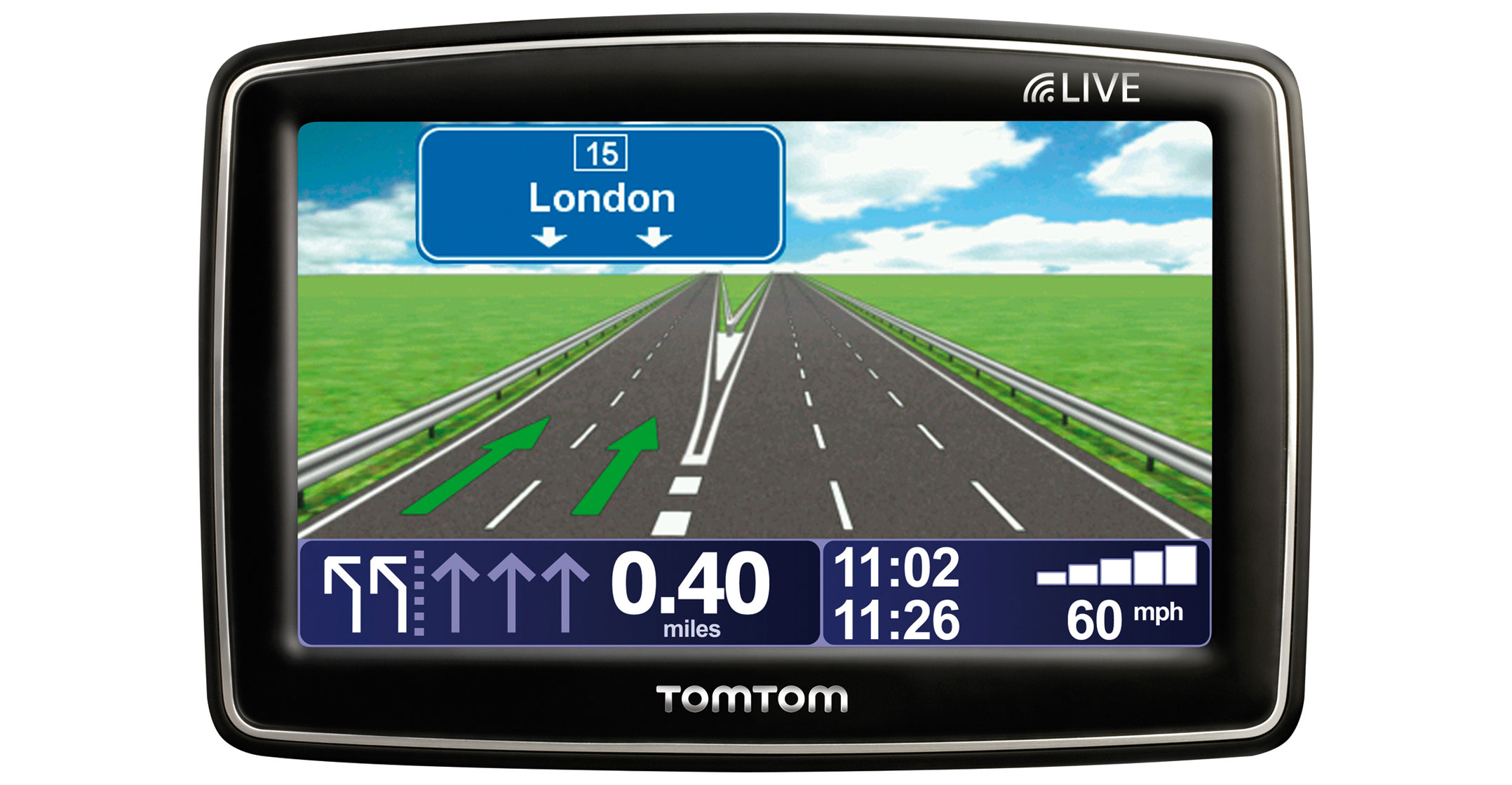 Demand for the Cayenne SUV helped to lift sales by 2% in the first half despite a slowing market. Maintaining healthy operating returns — at 16.5% during the first six months — is key to funding VW’s unprecedented shift into the new era.
Demand for the Cayenne SUV helped to lift sales by 2% in the first half despite a slowing market. Maintaining healthy operating returns — at 16.5% during the first six months — is key to funding VW’s unprecedented shift into the new era.
The Stuttgart, Germany-based manufacturer picked the three Taycan event locations to showcase sources of green energy: Niagara Falls in North America for hydro power, a solar farm outside of Berlin and a wind farm in China near the city of Fuzhou. While automakers gradually move toward battery-powered cars, the energy used to charge them often still comes from non-renewable sources like coal plants.
Porsche has seen promising sales of plug-in hybrid versions of existing models like the Panamera four-door coupe, with over half of customers in Europe going for partially emissions-free options. To ease concerns over going fully electric, the car maker is installing fast chargers at dealerships in the US and Europe.
VW is also participating in Ionity, which is rolling out a network of high-speed charging points across European highways. The Taycan can recharge 100km in four minutes, and has a total range of 500km.
High-tech goodies include a horizontal touchscreen that stretches all the way to the passenger side, with a separate control panel. The infotainment integrates Apple Music software that lets drivers capture a song on the radio and add it to an their playlist. (Android-phone owners are out of luck — Porsche’s infotainment system only works with Apple.) — Reported by Christoph Rauwald, with assistance from Gabrielle Coppola and Chunying Zhang, (c) 2019 Bloomberg LP


